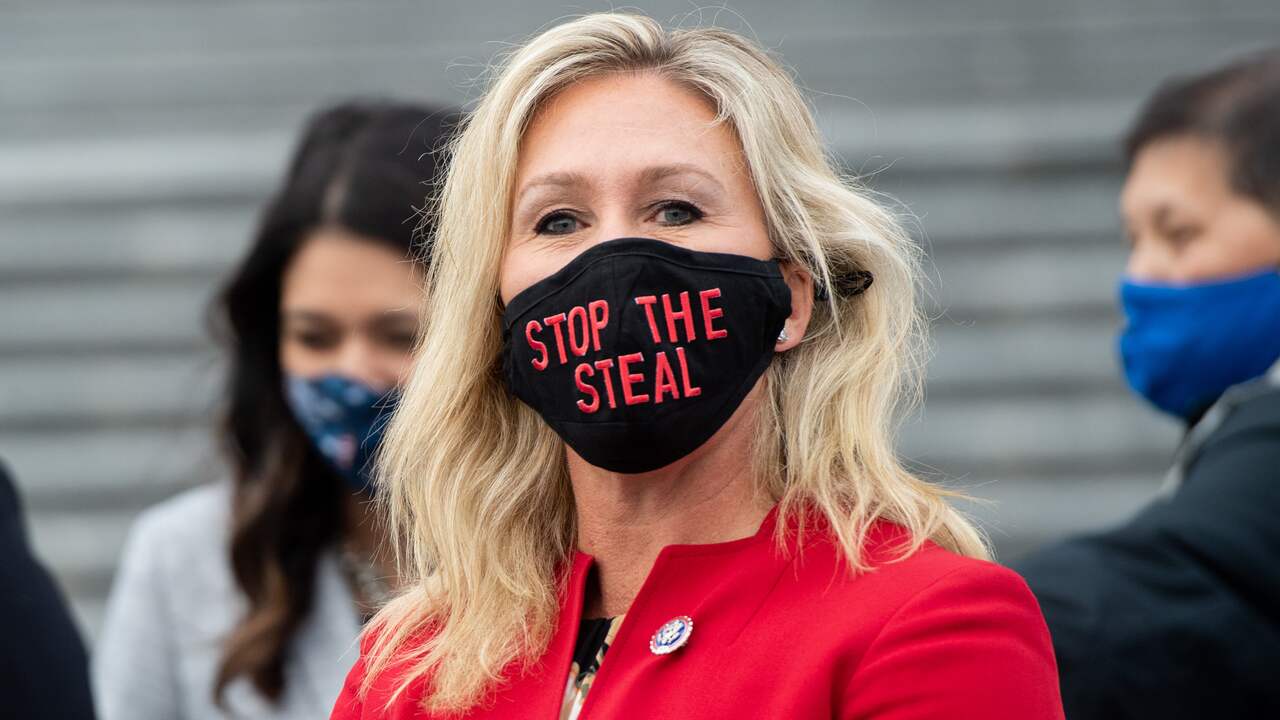Original title: How can the dilemma of the transfer of giants’ equity is difficult to break?
A press conference originally scheduled to be held on the afternoon of February 1 was temporarily cancelled: According to the plan, Beijing Zhonghe Guoan Football Club will inform the media of the progress of the acquisition of the 36% equity of CITIC Group in the club-if CITIC If they still hold shares, the name “Beijing Guoan”, the capital fan called from 1994 to the present, cannot continue to use it in the new season (the “neutral name” rule will be implemented in the new season). The reason for the cancellation of the press conference is that “Zhonghe” and “CITIC” have not yet reached an agreement on the transfer price. Behind the transfer price of “1 yuan” is the total debt of about 1 billion yuan.
On January 29, the last working day before the deadline for submission of the neutralized name materials prescribed by the Chinese Football Association, the Beijing Equity Exchange issued a transfer announcement of “36% of Beijing Zhonghe Guoan Football Club Co., Ltd.”, and the entrusting party It is CITIC Asset Management Co., Ltd., which means that CITIC is willing to sell 36% of the club (company) equity it holds. As long as Zhonghe offers a suitable price and fulfills legal procedures, the transfer can be concluded.
The most difficult thing is the “money.” According to the reporter’s understanding, the equity transfer negotiations between “Zhonghe” and “CITIC” did not go smoothly. Although the “unsuccessful” is a normal situation of major financial activities, the major differences between the two parties on the “money” can at least show that they “have to The Zhonghe Group, which acquired CITIC’s shares, no longer possesses the “arrogance” of becoming a major shareholder of the club through capital increase and share expansion in 2017.
Beijing Guoan is still the case, not to mention the rest.
This is the most interesting part of Chinese football: on the one hand, it has the Asian First League, which is popular in the market, and on the other hand, the national name is only the top 8 in Asia; on the other hand, it can provide several foreign players with super contracts with an annual salary of hundreds of millions of yuan. The weak clubs owed salaries and even went bankrupt and dissolved.
Taking the Chinese Super League as an example, the Chongqing and Tianjin clubs need to postpone the submission of the 2020 season salary confirmation. In addition, it is not an exaggeration to describe the transfer window of the current professional league in the new season as “desolate”. This year’s winter window will open from January 1 to February 28. Now that the window period has passed halfway, the flow of personnel in the Super League can be counted without summarizing: Beijing Guoan (new season name to be determined), Shanghai SIPG (renamed Shanghai Haigang), Shandong Luneng (renamed Shandong Taishan), three semi-final teams confirmed the new coach (Hao Wei officially took office), and only Shi Ke was transferred from SIPG to Luneng, and Shunich completed the transfer. Yes-perhaps “depression” is more suitable for the current transfer market than “desolate”.
The Chinese Football Association has already “broken their wrists”. To complete the health of financial indicators in the new season of 2021, restrictions on investment, salary restrictions, and name changes are all gritted teeth. “The bubble of Chinese football has reached the point where it cannot be squeezed.”
But at its root, the industrial dilemma of Chinese football is nothing more than “clubs earn too little money and spend too much money”-in an era when a large amount of capital is involved in professional leagues and the “financial nature” of football operations becomes more apparent, “let clubs earn money” or “Bring the club to make money together” is the fundamental way to break the game: it is not enough to rely on the Chinese Super League to allocate 90% of the copyright revenue to the clubs. The football industry needs more “income-increasing projects.”
For a healthy football club, the normal operating income is no more than dividends, sponsorship, tickets, match day income and peripheral product development (excluding investors such as finance, development and other projects and player transactions), and a club management The author once complained to reporters that before the epidemic (before the game system), the daily operating expenses almost doubled, “even the security costs for home games are 7-digits”, but the income growth is extremely slow, “all clubs cannot afford it. live”.
Limited by the epidemic, it is not realistic to expect the football industry to increase revenue. Clubs at all levels can only rely on “throttling” to maintain operations, but the policy layout can be gradually advanced: more business rights are delegated to the club to help and urge the club to promote business development. Let fans be willing to contribute to the teams and leagues they support-“mobilizing the masses” is an important means of “increasing income” for the Chinese football industry. For the professional leagues that will take over the professional leagues in the new season, it is the service of clubs and fans. Consciousness should be placed on an unprecedented height.
Massive information, accurate interpretation, all in Sina Finance APP
–
Editor in charge: Deng Jian
– .


